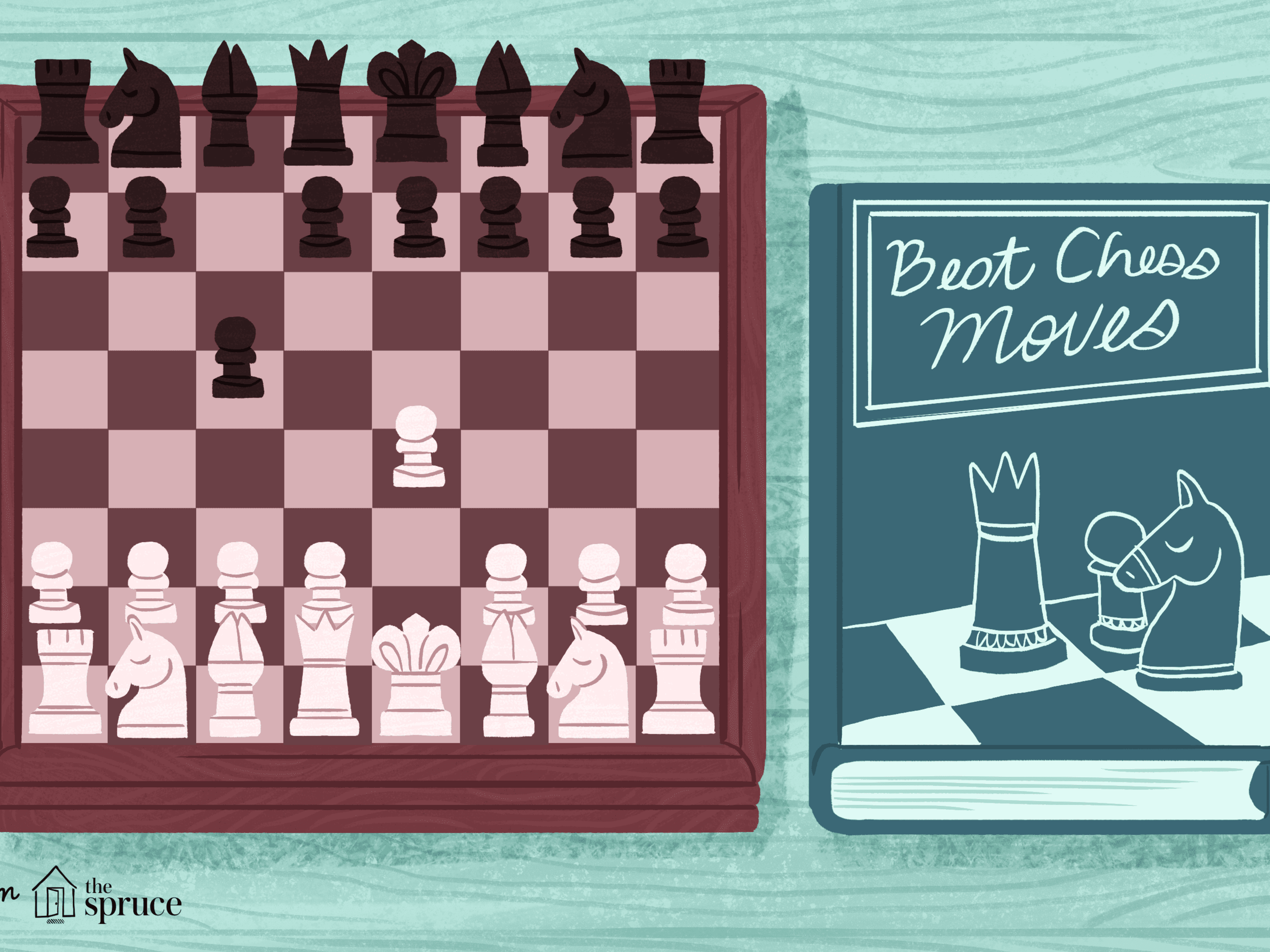Attack or defense? What does it take to win a game in chess? Most of the people will offer you a tiny piece of advice, the first to attack wins the game. Though there are literally no evidence that proves the fact, people believe its true and the real reason beneath it must be the thrill, the risk. So, is defending a poor man’s trick to escape? Let’s find out.
With respect to the game, defending is as important as attacking and you just could not neglect its role in careful strategization. To understand and develop your strategy you need to know the golden principles of defending.
The fine elements that people miss during a game
Identify your position- You need to know what is your position. Sometimes people are in a strategic position to attack and they find it advantageous. Though it might help you at present, it can be hazardous if you do not look around and test the waters. The prime rule of chess lays the fact that think further and beyond your move. You can take a risk only if it’s calculated and not impulsive.
Analyse your opponent’s game- Making a move based on your position is okay. however most of the times you need to analyse your opponent’s game. An experienced player would predict the next move of your opponent and would stage moves carefully. Don’t look for opportunities to attack first, if your opponent is strong he might just know he is not in a position to attack, thus playing smart and not losing valuable moves. On the other hand, you attacking would not just make you lose a crucial piece, you also might prove that you are in a rush and would probably have already made minor errors.
Protect your back rank- Summarizing the long story, you need to save your king. You lose your king, you lose the game. Take some time before you move any piece. Keeping you back ranks guarded is an excellent way to avoid easy check-mates.
Don’t get pinned or skewered- This means you are immobile. You are in such a stagnant position that refrains you from moving. So your pieces lose their value. Getting pinned or Skewered is a bad idea if you are in the middlegame and trying to progress.
Sacrifice for better- Exchange pieces if you are in need. Suppose you have very limited space and you need space to move your valuable pieces. Make room for the movement of other pieces by exchanging irrelevant pieces stationed at strategic positions. You can still win the game with very little. All you need to do is know your game and be adaptive to change it, in need.
There is very little that people know about defense. Your defense game must be as strong as your attack. Mind Mentorz is one such place that nurtures children and chess is a great medium that could help. We make your passionate about things that adds value to education.


